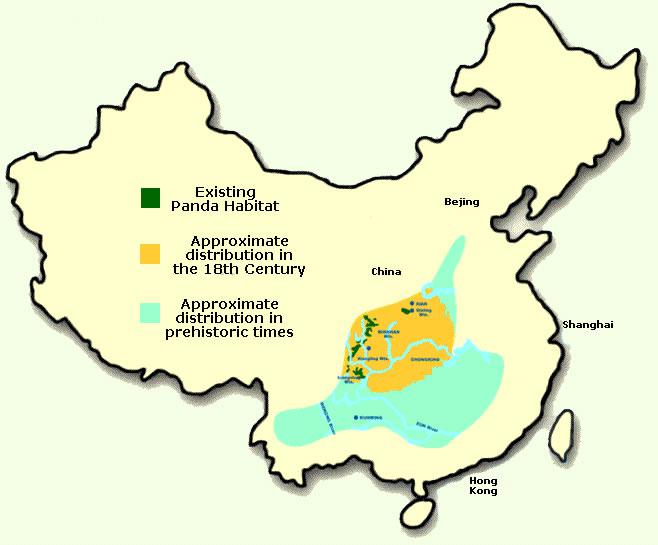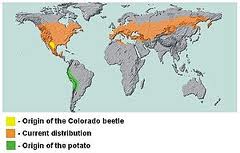What is the difference between a broad vs. narrow ecological niche?
1 Answer
A broad vs a narrow ecological niche will have several implications for the species in question.
Explanation:
See here for an explanation of what an ecological niche is. A narrow niche is specific and limited and a broad niche is less specific and less limited.
A species with a broad niche, also called a generalist, is able to withstand numerous conditions. If the temperature changes, the pH of the soil changes (plants have niches too), or resource availability changes, generalists are more likely to survive and do well compared to a species with a narrow niche, also called a specialist. Specialists, as the name implies, are able to withstand more constrained set of conditions and often have unique adaptations specifically for the ecological niche they inhabit.
The giant panda is a great example of a specialist with a narrow ecological niche. This species lives only in a few mountain ranges in China at elevations between 1200-3900m in temperate forests. 99% of the giant panda's diet in the wild is bamboo, meaning this species is one of the pickiest eaters on the planet. The giant panda has a "thumb" that has evolved over time to help it grip bamboo.

The colorado beetle is an example of a generalist or a species with a broad ecological niche. It prefers to consume potatoes, making it a potential pest for farmers, but it also consumes belladonna, horse nettle, eggplant, and other plants. It is found across North America as well as Europe and even Asia in agricultural areas.
The image below shows the origin of the beetle in yellow, the origin of the potato in green, and the current distribution of the beetle in orange:


